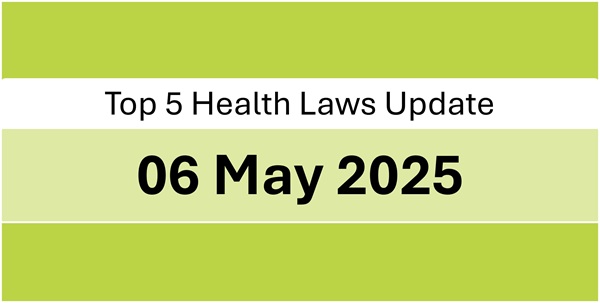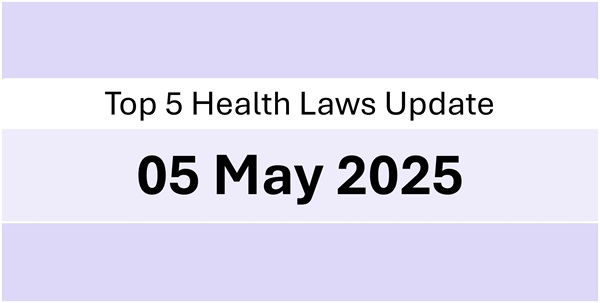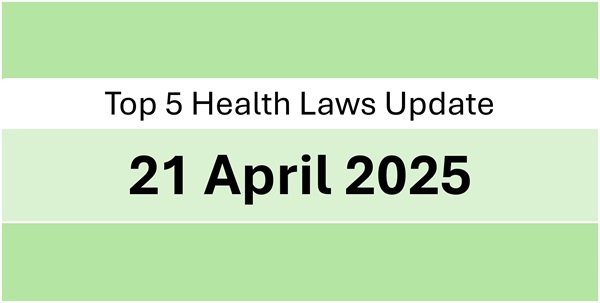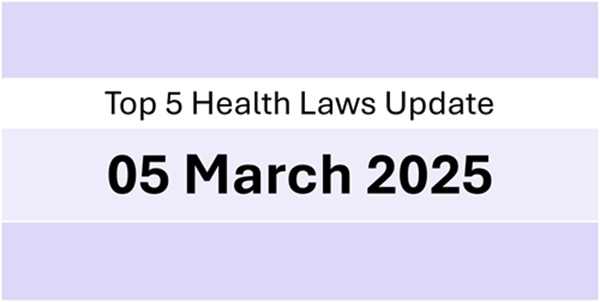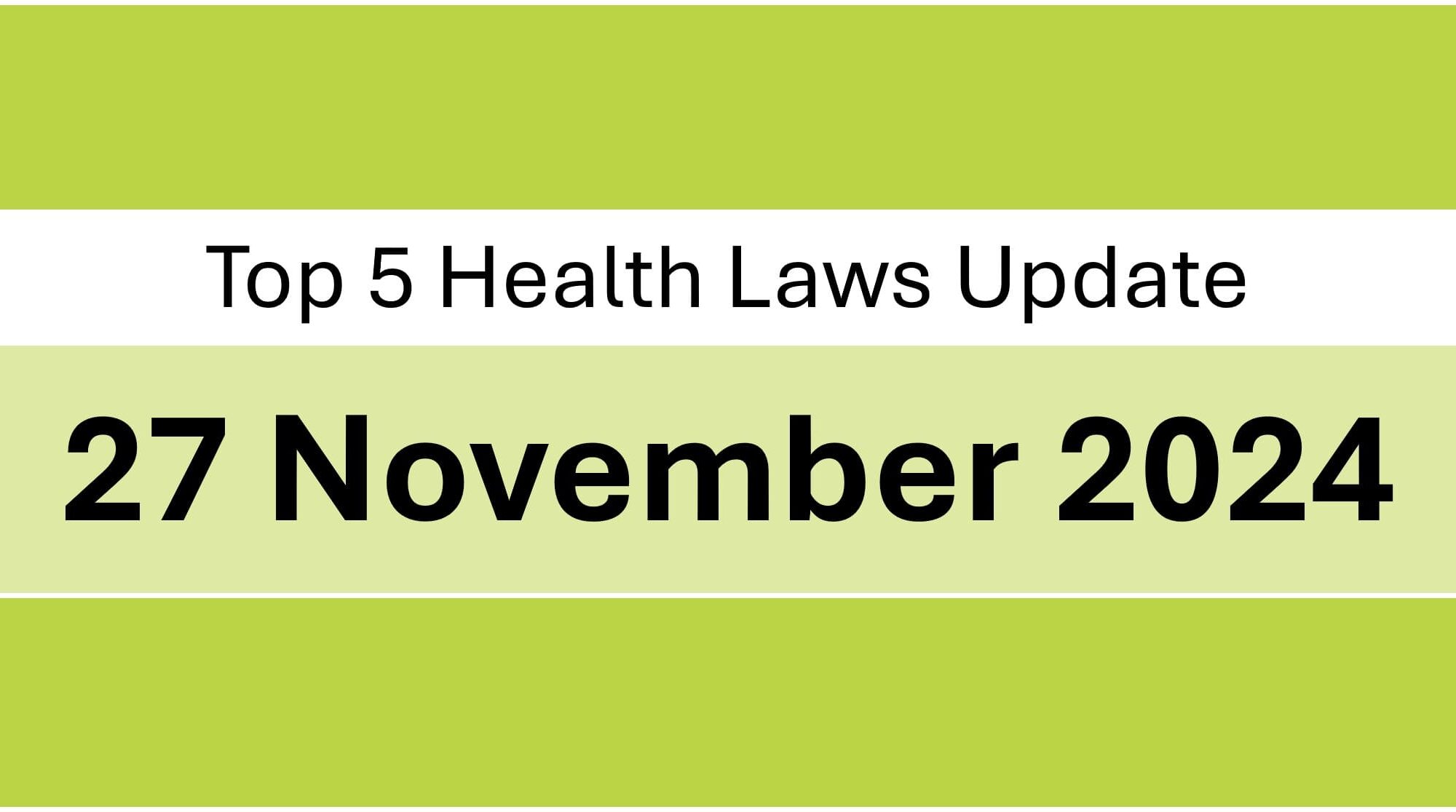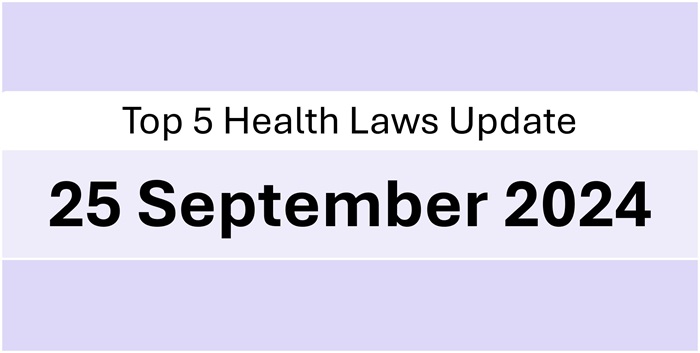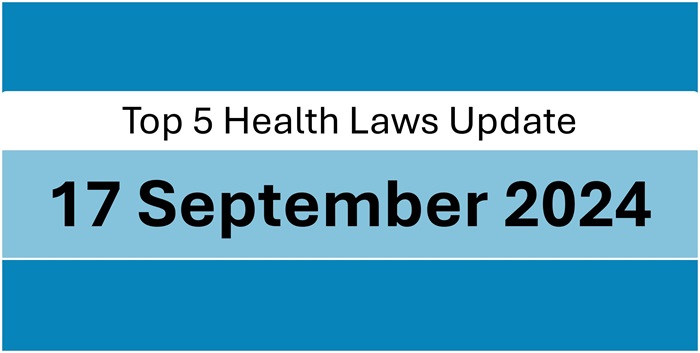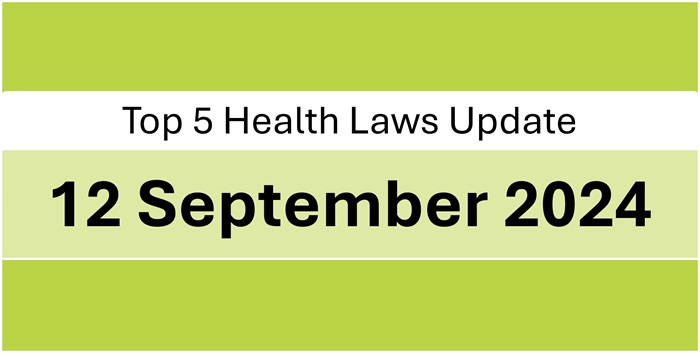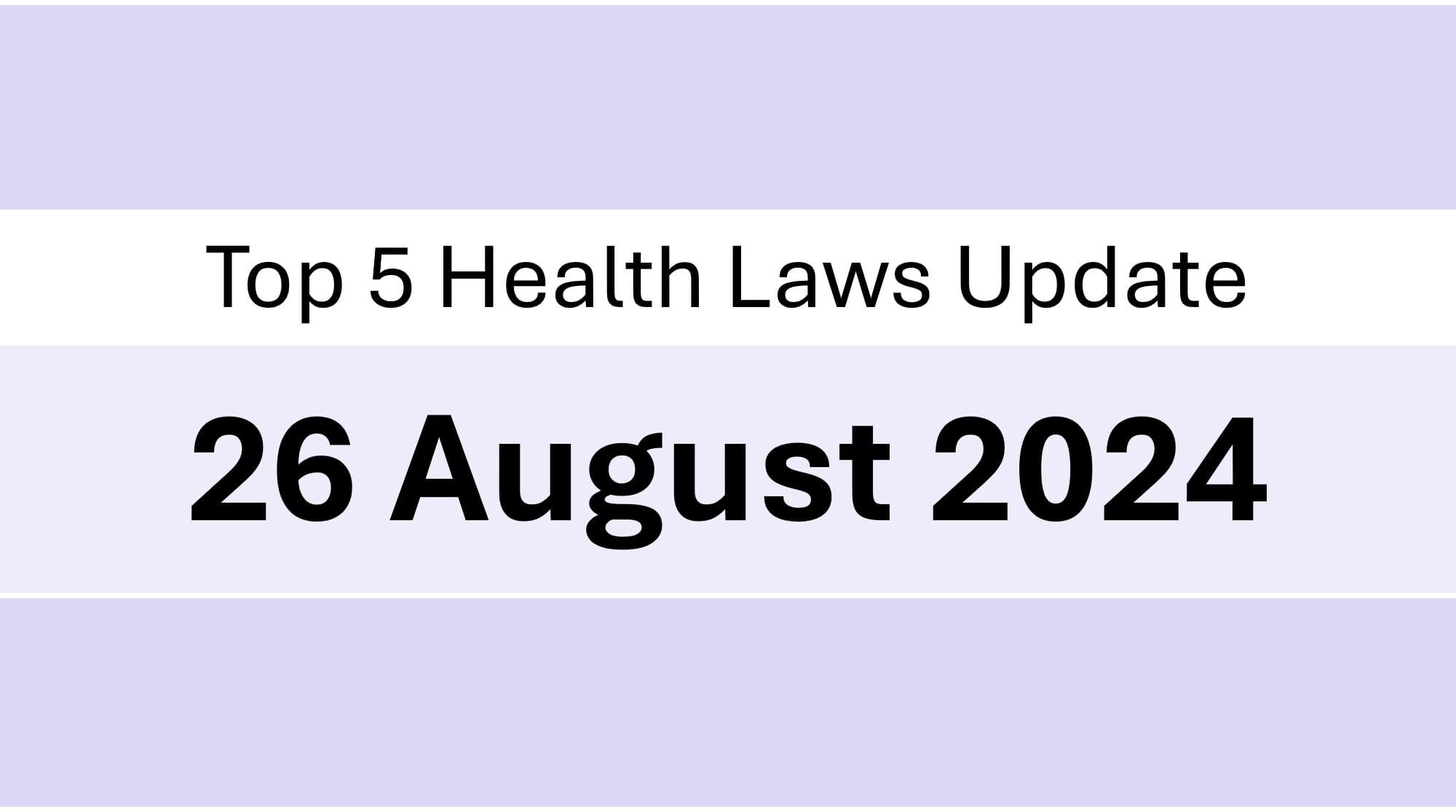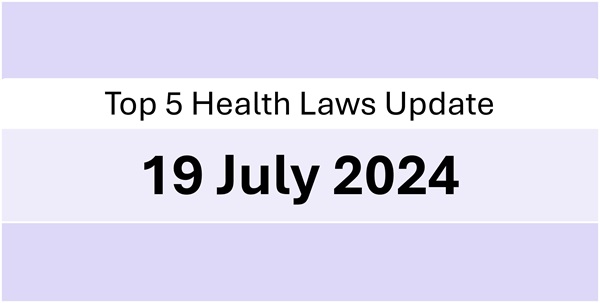Dear Readers, we are happy to share the most interesting legal and policy updates concerning health industry that we read today. we hope you enjoy reading it.
1. Drugs Technical Advisory Board (DTAB) has proposed to mandate the immediate suspension of licenses for drugs classified as Not of Standard Quality (NSQ) in the public interest. Such suspensions would remain in effect unless the concerned manufacturers submit a satisfactory Corrective and Preventive Action (CAPA) plan. The proposal also includes corresponding amendments to the Drugs Rules.
Source: bit.ly/3EFg5Zx
2. Drugs Technical Advisory Board (DTAB) has proposed to classify all antimicrobials as “New Drugs” under the New Drugs and Clinical Trials Rules, 2019. This move aims to facilitate stricter regulatory oversight in light of growing concerns over antimicrobial resistance.
Source: bit.ly/3EFg5Zx
3. Drugs Technical Advisory Board (DTAB) has proposed that manufacturers of medical devices with a valid manufacturing or loan license need not apply for a sterilization loan license. Instead, they can submit documentary evidence in support of proper sterilization when applying for a manufacturing license, provided the sterilization site’s license number is included on the device label.
Source: bit.ly/3EFg5Zx
4. Drugs Technical Advisory Board (DTAB) has proposed amendments to the Medical Devices Rules, 2017, to include clear definitions for “registration certificate” and “registration certificate holder.” This change aims to provide better regulatory clarity in the medical device industry.
Source: bit.ly/3EFg5Zx
5. The Indian Government is finalizing revised biosimilar guidelines to align with global standards. The updated ‘Guidelines on Similar Biologics’ focus on stricter quality standards, reducing animal testing, and promoting in-vitro studies, while adhering to the 3R principles (Replace, Reduce, Refine). The aim is to streamline approvals and ensure patient safety.
Source: bit.ly/3GFiunq

